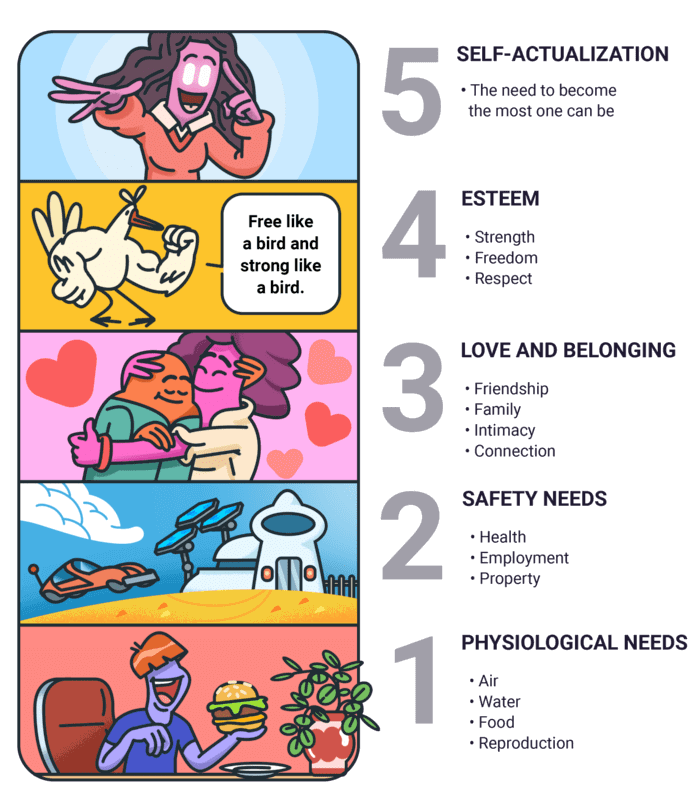
Optimize Your Day: Effective Time Management Strategies
In the bustling hustle of life, managing your time better isn’t just a skill; it’s a game-changer. It’s about more than just ticking off tasks—it’s a strategic approach to making each moment count. So, let’s dive into some real-world strategies that go beyond the usual time management rhetoric, offering practical tips to truly elevate your efficiency.
Mastering the Art of Prioritization
The never-ending to-do list is a universal woe, but mastering prioritization is your ticket out. It’s not about multitasking or cramming more into your day; it’s about identifying the tasks that truly matter. Pinpoint your priorities and tackle them first. This shift in mindset can turn a chaotic day into a well-orchestrated symphony.
Strategic Time Blocking for Maximum Productivity
Ever felt overwhelmed by the sheer volume of tasks? Time blocking is your superhero cape. Allocate specific blocks of time to different activities, whether work-related, personal, or leisure. This strategy not only maintains focus but also prevents the dreaded time-suck of multitasking, ensuring you’re not just busy but genuinely productive.
Breaking Free from Procrastination Shackles
Procrastination: the silent productivity killer. Break free from its shackles by setting realistic goals and establishing deadlines. Tackling tasks systematically not only helps you avoid the last-minute chaos but also frees up mental space for creative thinking. Overcoming procrastination is a crucial step toward managing your time more effectively.
Effective Time Allocation: Aligning with Goals
Understanding the time each task demands and aligning it with your overarching goals is the essence of effective time management. Evaluate the importance and urgency of tasks to determine where to allocate your time. This strategic approach ensures that your efforts contribute directly to your long-term success.
Streamlining Your Routine for Effortless Living
Efficiency is the heartbeat of effective time management. Streamlining your routine involves identifying and eliminating time-wasting activities. Embrace productivity tools, automation, and streamlined processes to optimize your workflow. By reducing inefficiencies, you create room for more valuable tasks and enhance overall productivity.
The Power of Saying No in Time Management
In the quest for better time management, don’t underestimate the power of saying no. It’s not about being anti-social but about being discerning with your time. Saying no liberates you from unnecessary commitments, allowing you to focus on activities that truly align with your priorities. This practice empowers you to navigate your day with purpose.
Strategic Planning: Setting the Stage for Success
Strategic planning is not reserved for boardrooms; it’s your compass for effective time management. Set clear objectives, break them down into actionable steps, and create a roadmap for success. This intentional approach ensures that each day aligns with your broader goals, providing direction and purpose to your efforts.
Flexibility in Approach: Embracing Adaptability
Life is unpredictable, and rigid plans can crumble in the face of unforeseen challenges. Improve your time management skills by embracing flexibility in your approach. Be open to adjusting your plans as needed without losing sight of your overarching goals. This adaptive mindset ensures resilience in the face of unexpected twists.
Balancing Work and Personal Life for Well-Being
Achieving a balance between work and personal life is a crucial aspect of effective time management. Allocate time for both professional and personal pursuits, ensuring that neither aspect overshadows the other. By striking a balance, you foster well-being, satisfaction, and sustained productivity in all facets of your life.
Continuous Learning and Optimization for Growth
Improving your time management skills is an ongoing process that involves continuous learning and optimization. Stay open to exploring new techniques, tools, and approaches. Regularly assess the effectiveness of your strategies and make adjustments as needed. This commitment to continuous improvement ensures that your time management skills remain dynamic and adaptive.
As you embark on the journey to optimize your day through effective time management, remember that it’s a personalized exploration. Experiment with these strategies, find what resonates with your unique style, and adapt them to fit the demands of your daily life. With a focus on prioritization, strategic planning, and flexibility, you’ll find yourself navigating each day with a sense of purpose and accomplishment. Read more about ways to manage your time better





